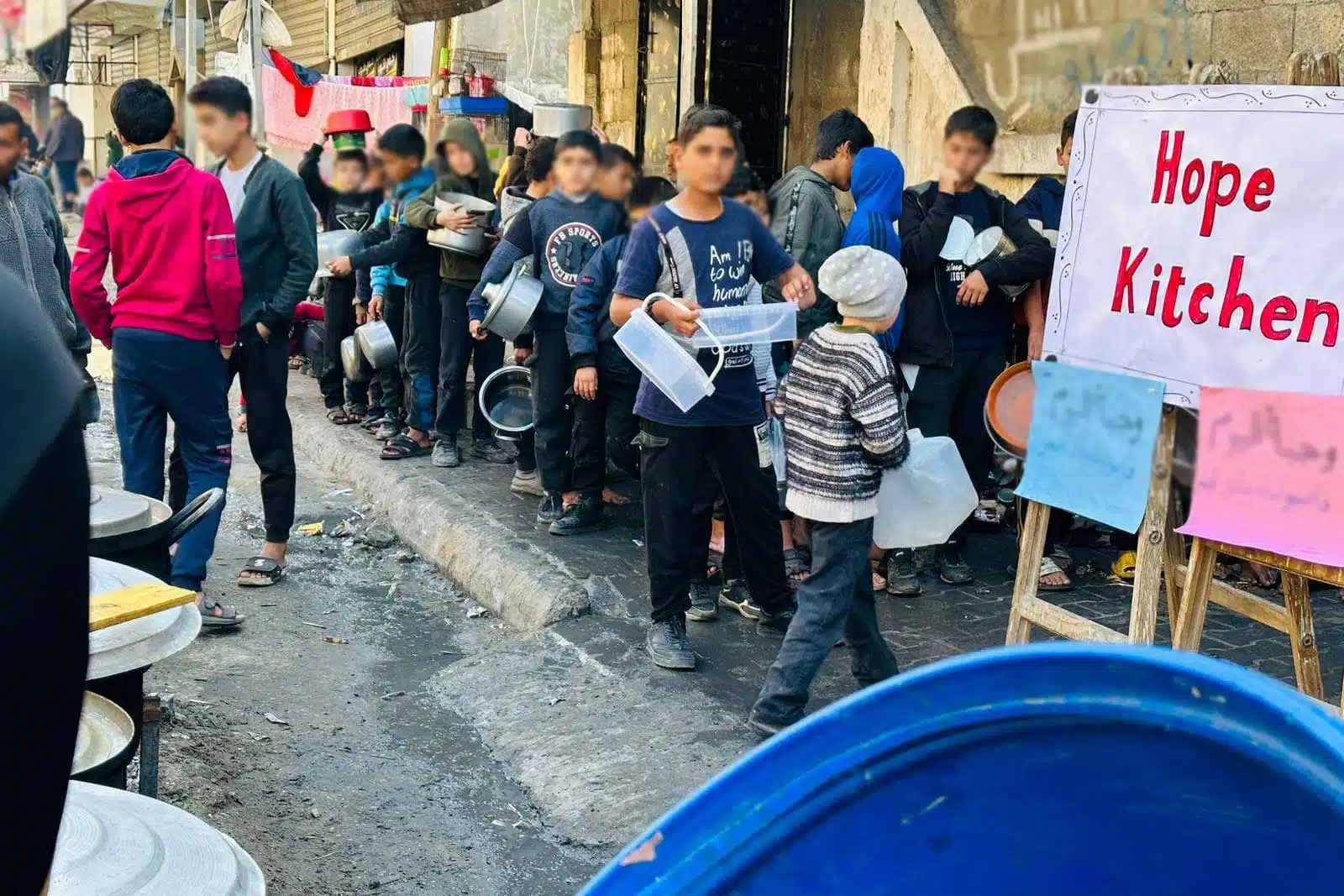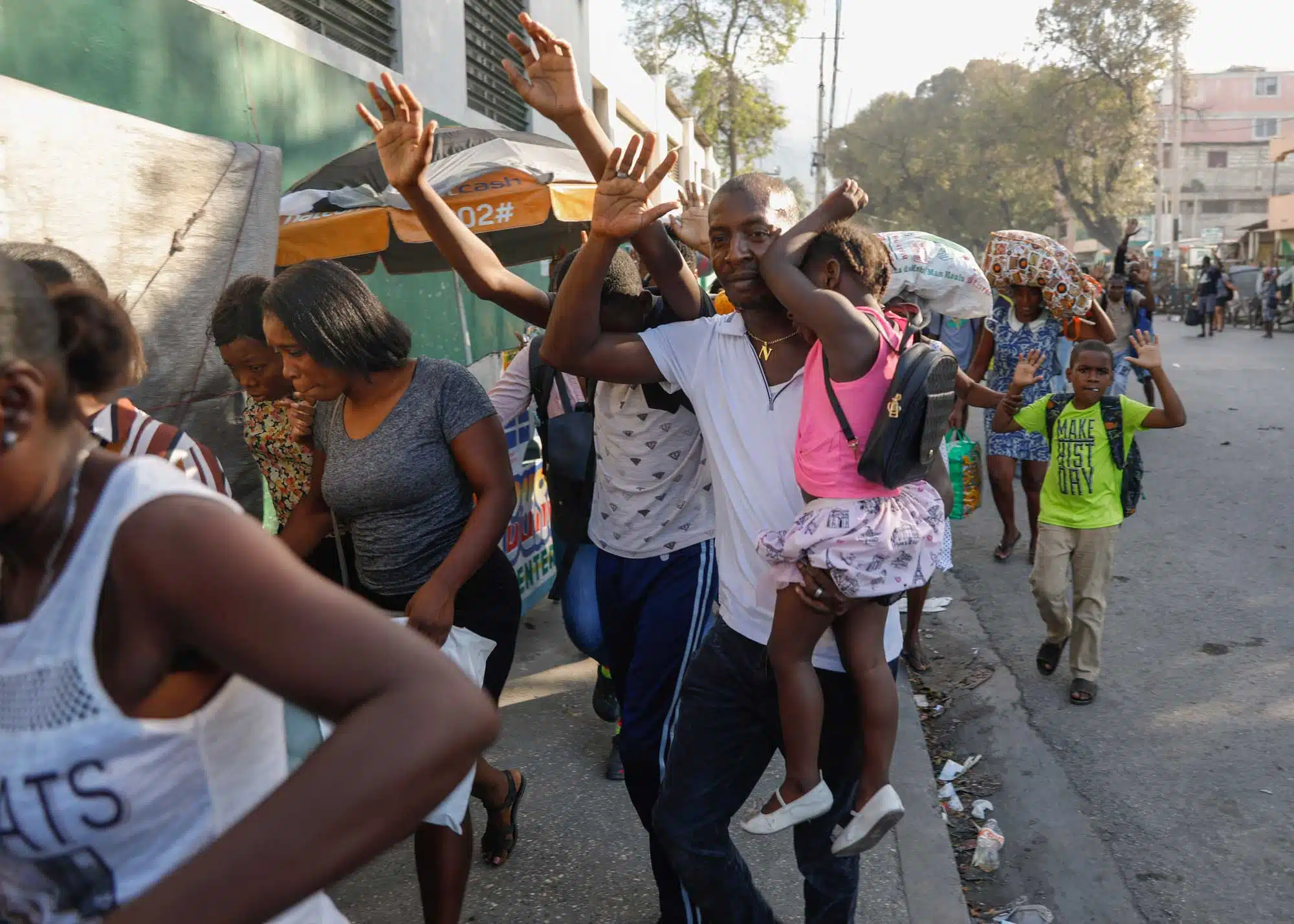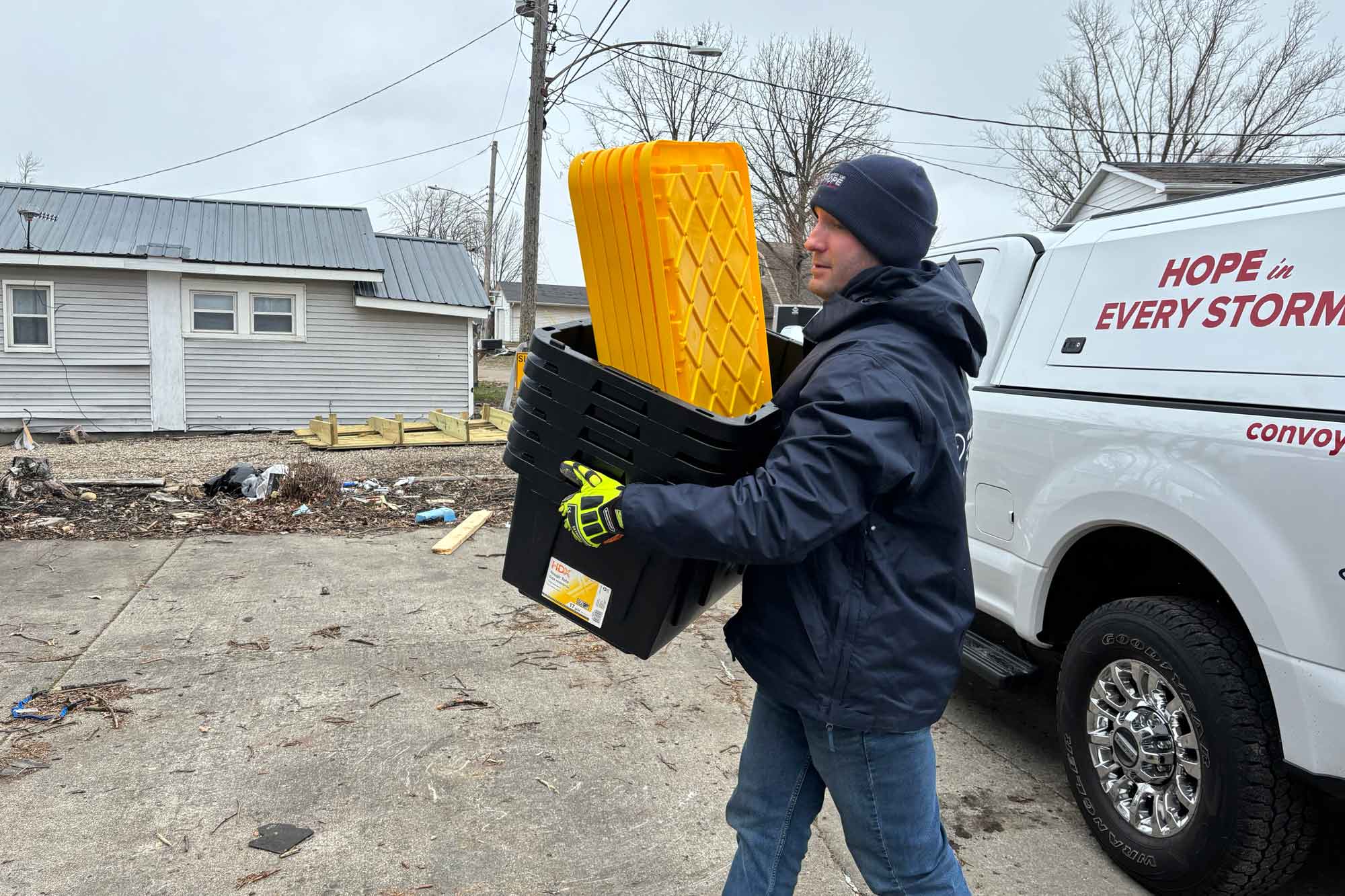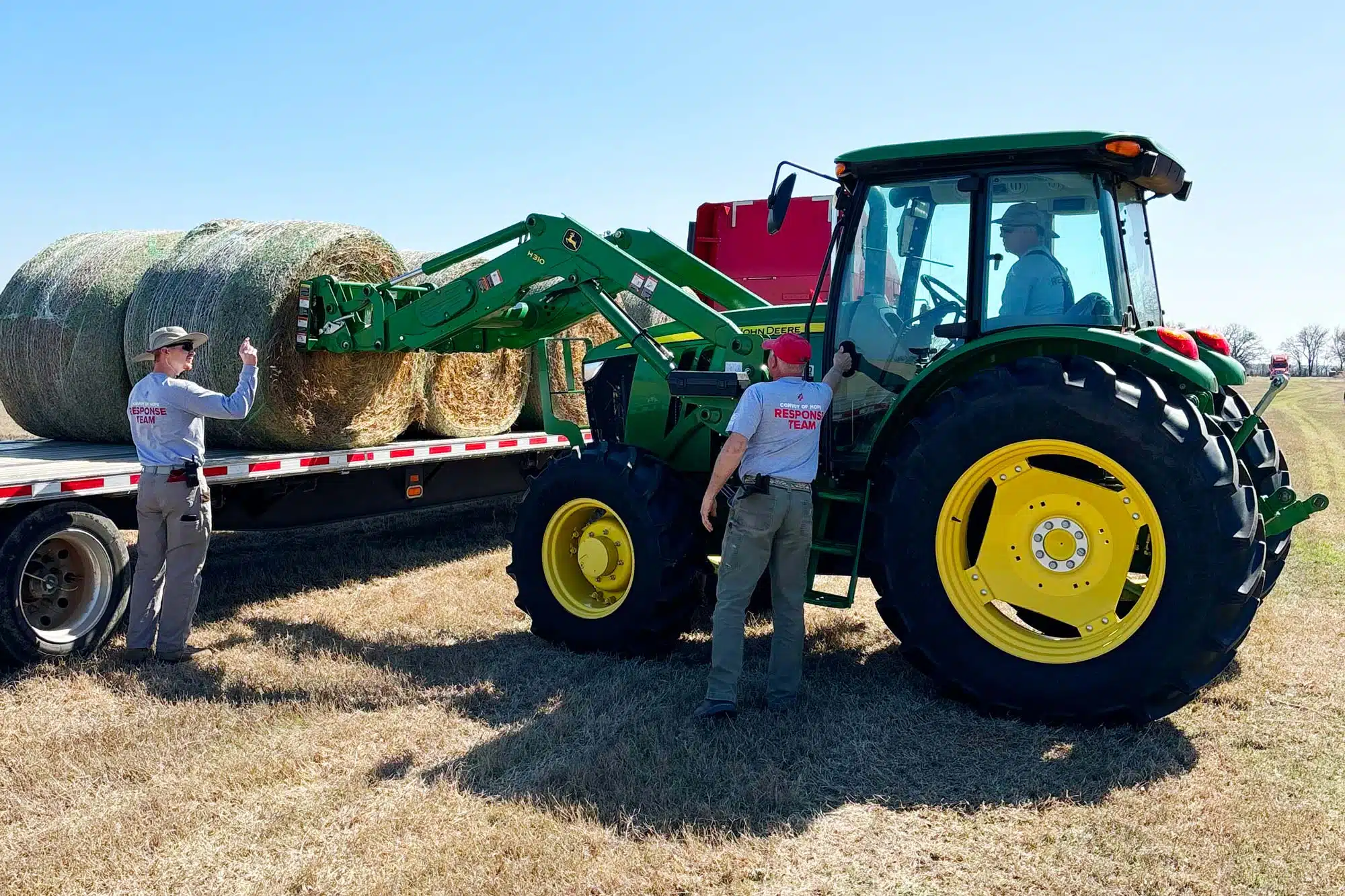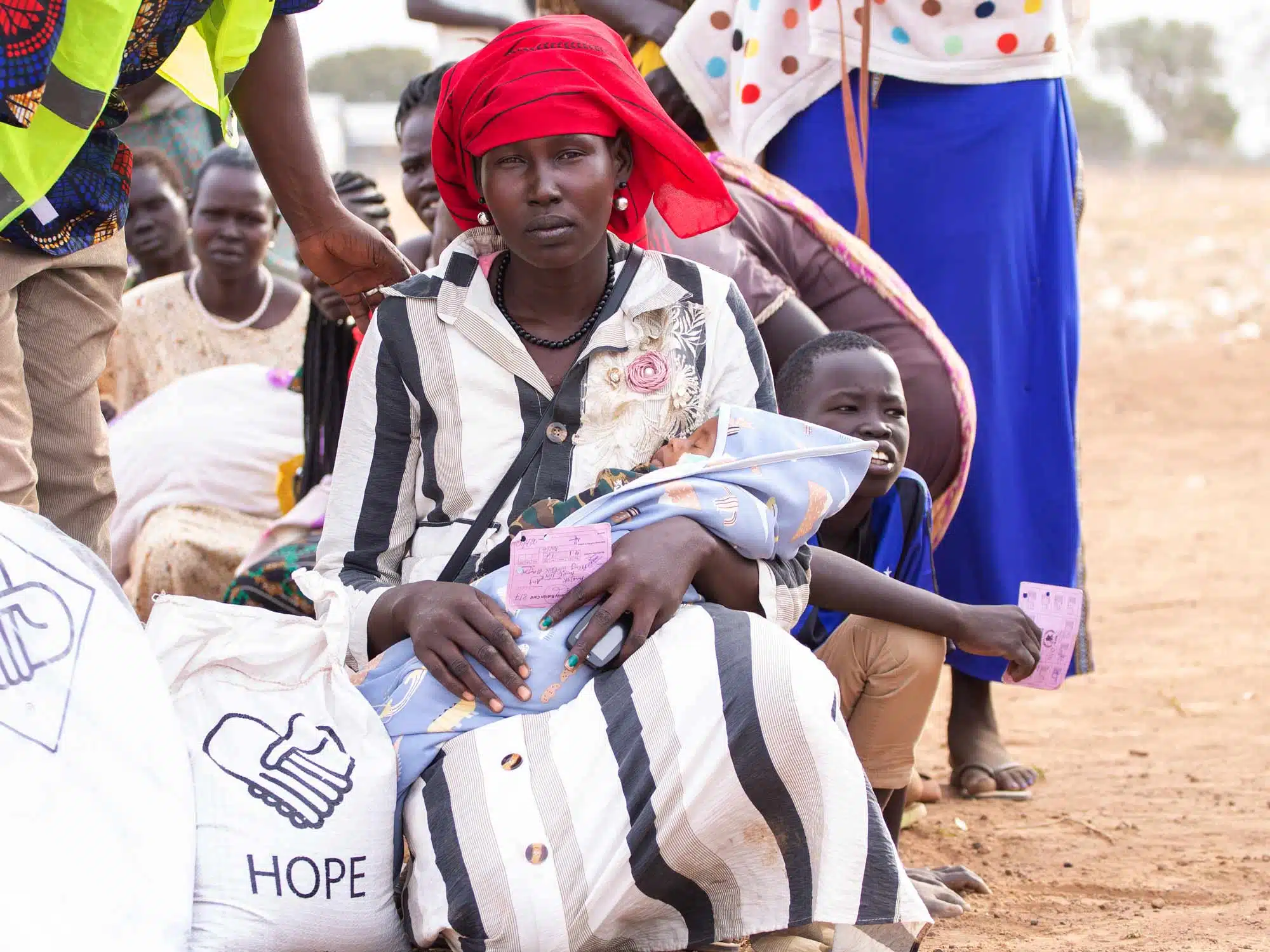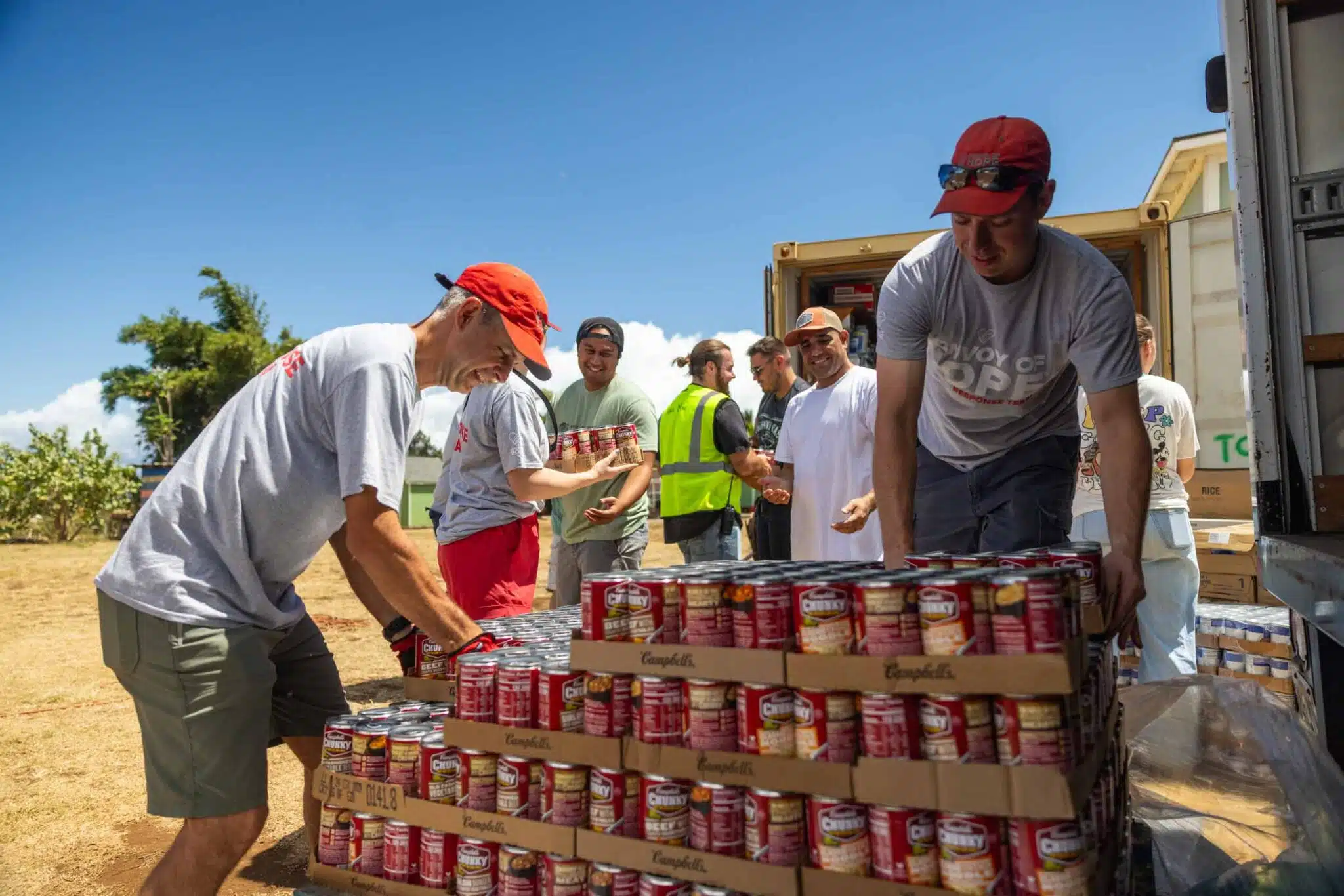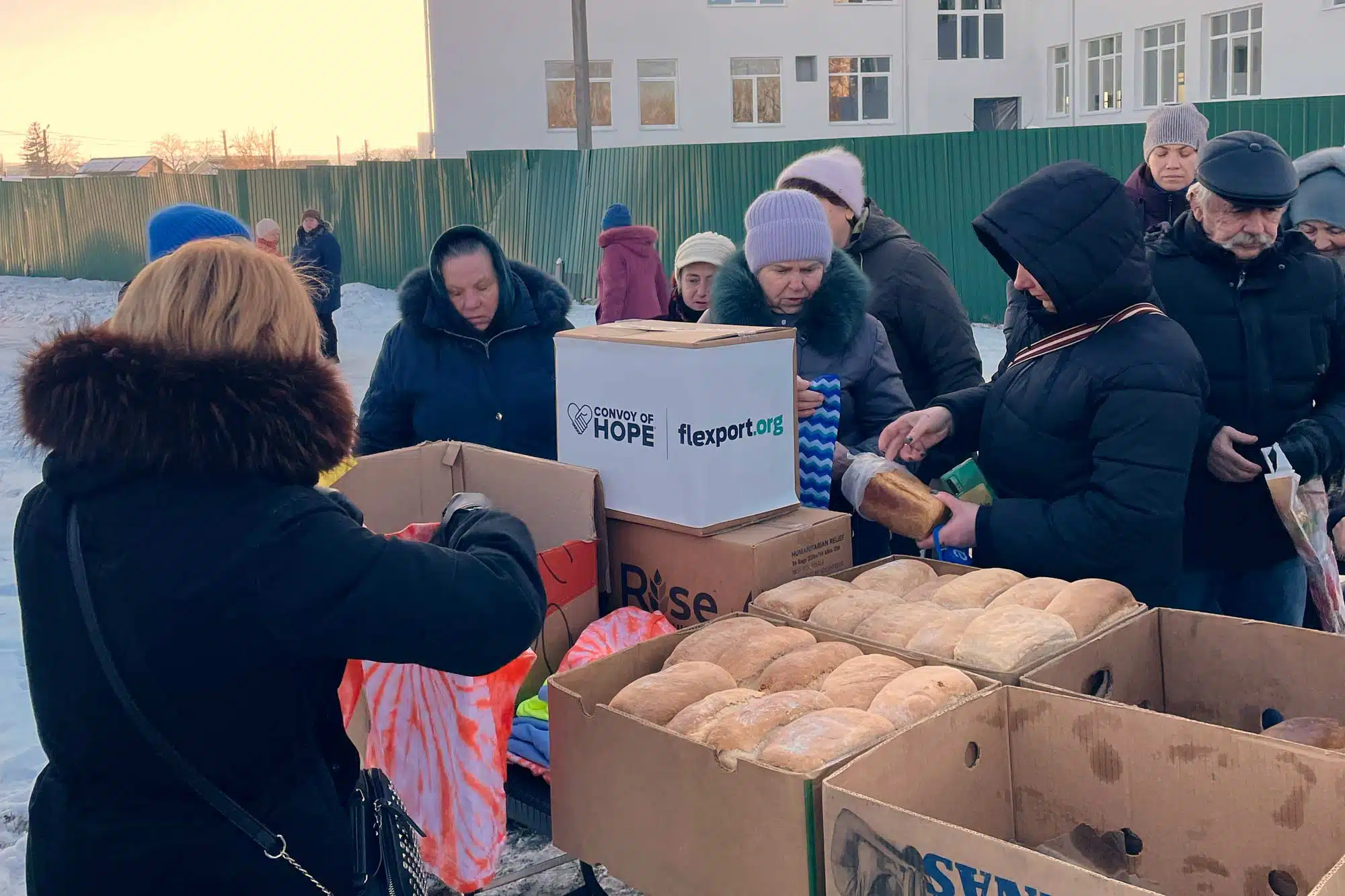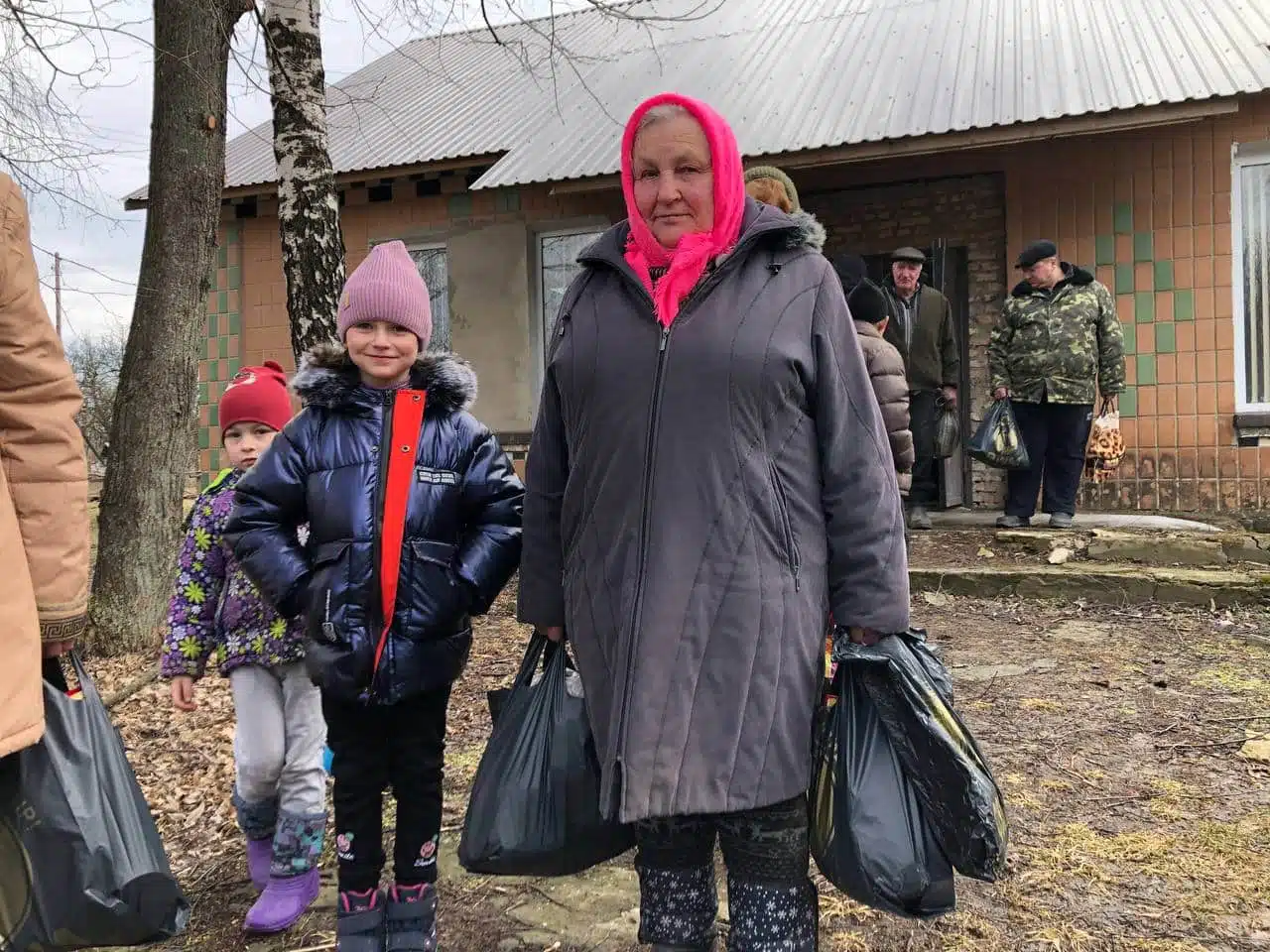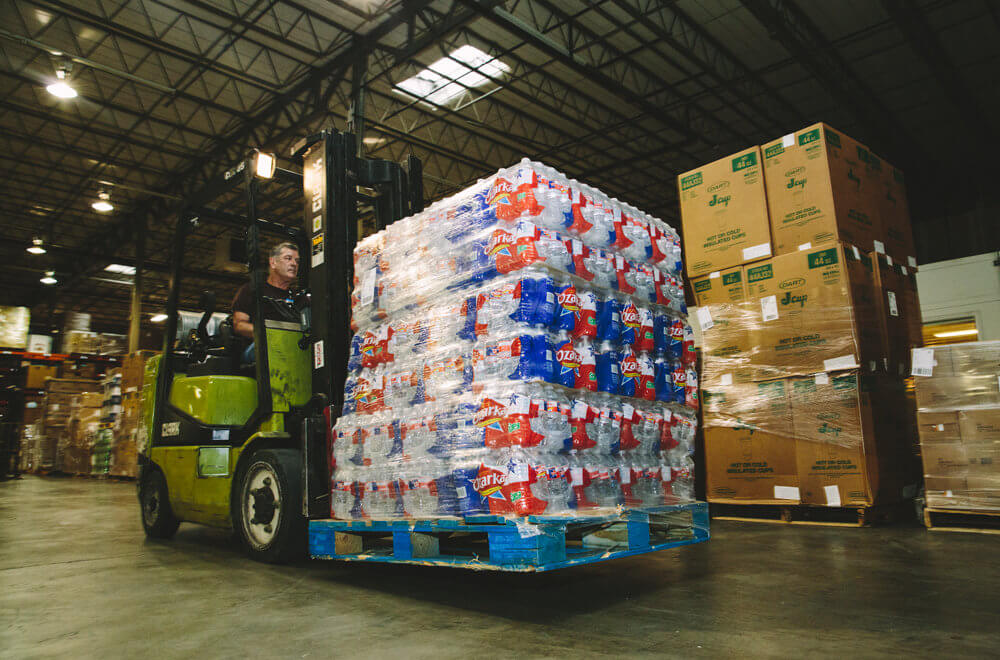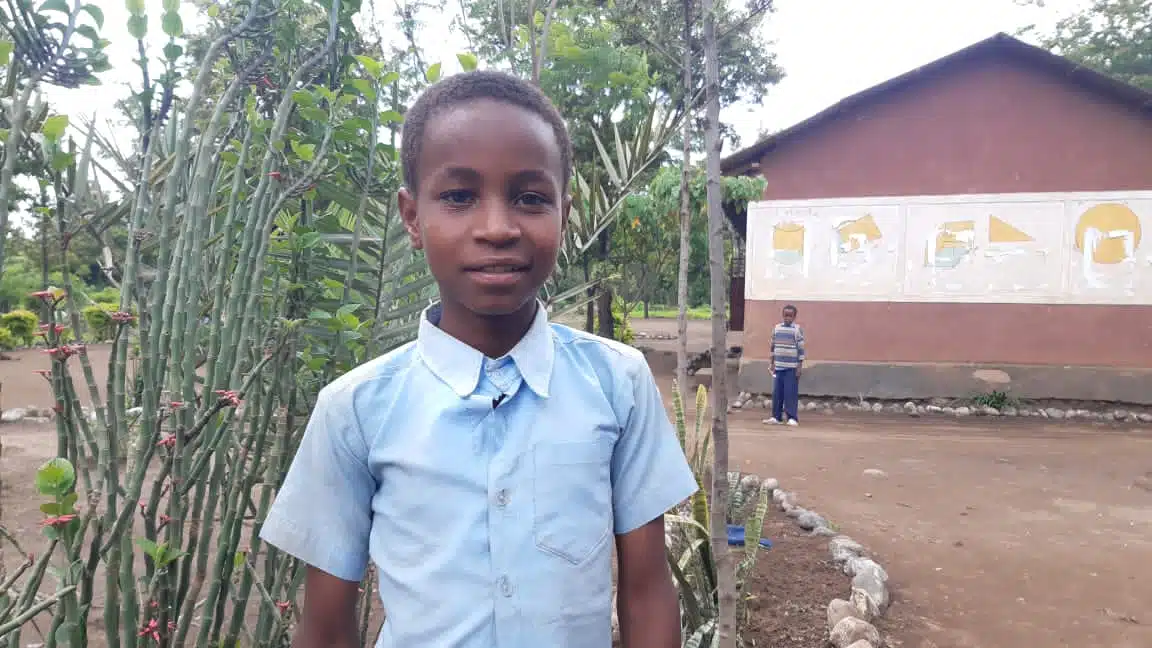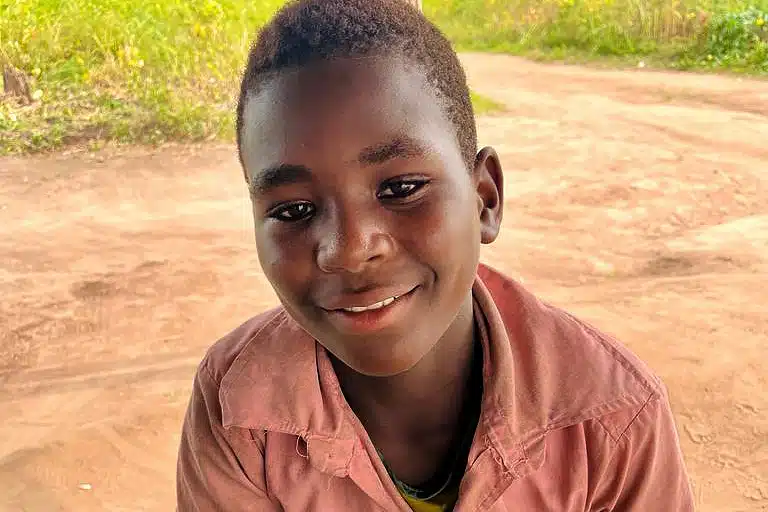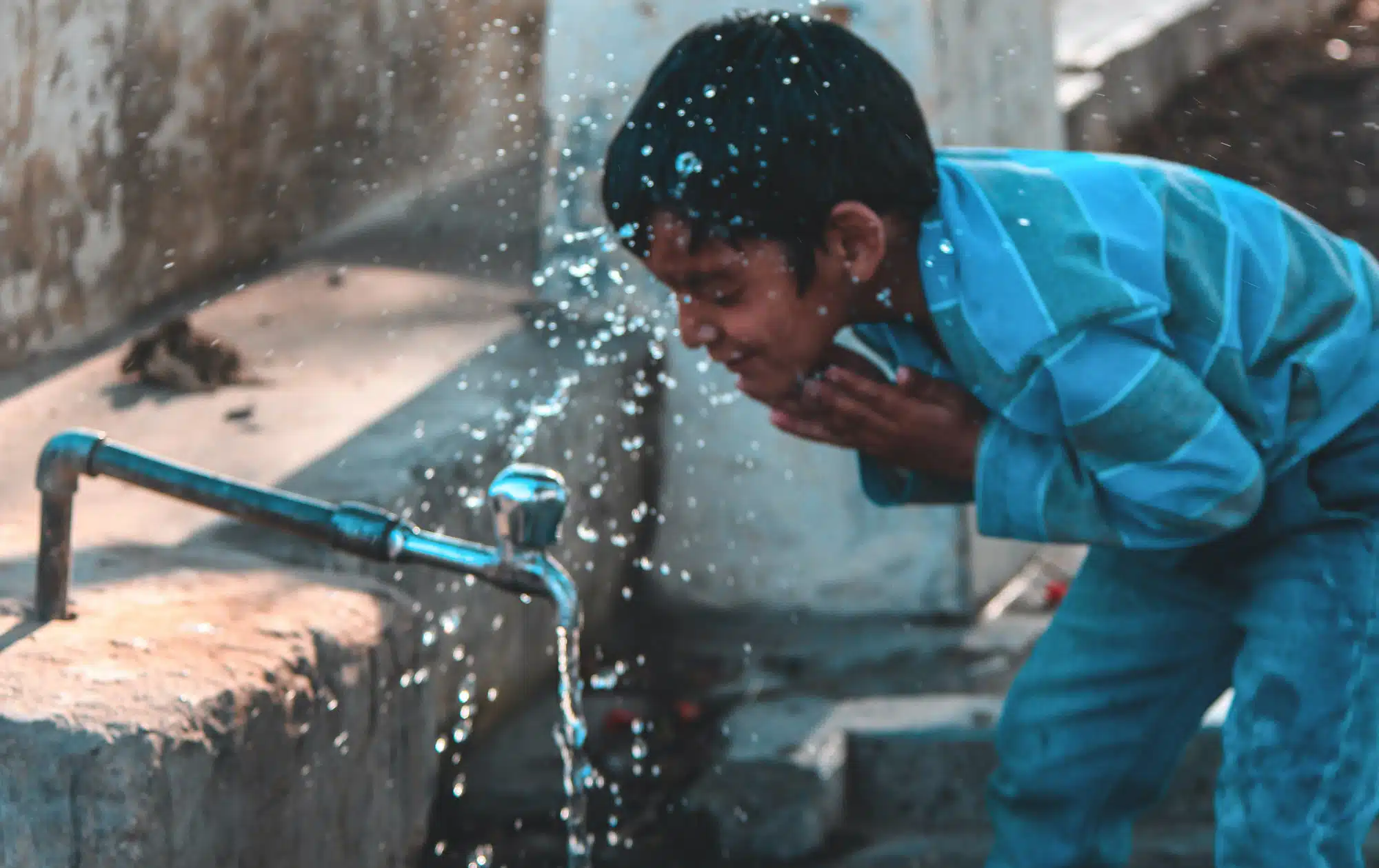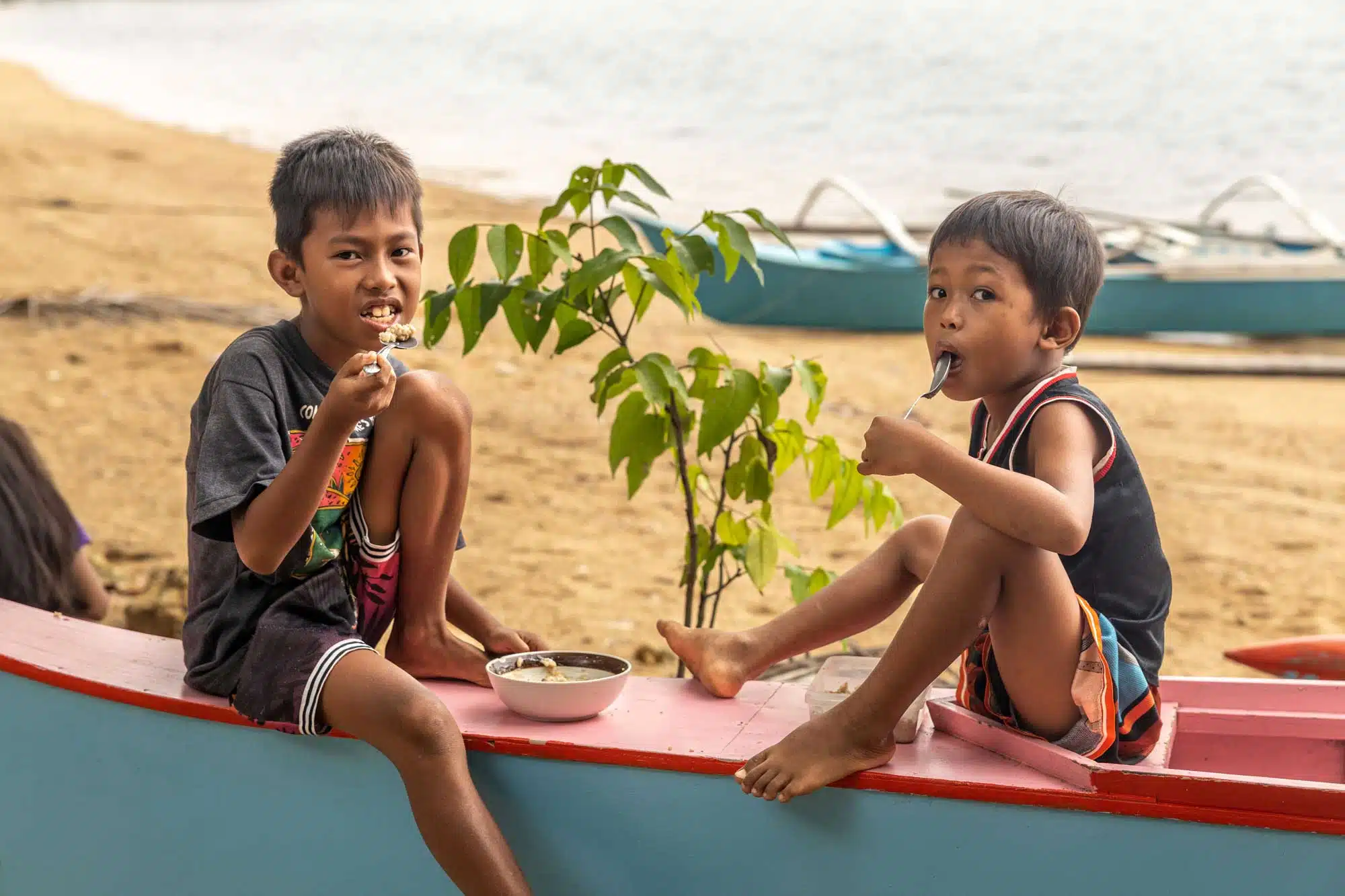
“When I came to this school many years ago, I saw poverty and hunger,” said Edison, the principal of a school in the Philippines where Convoy of Hope now has a program center. He noted that, before Convoy, many students were absent due to sickness caused by malnutrition.
In the Philippines, more than a quarter of the children under 5 years old suffer from stunting. Convoy of Hope began operating in the Philippines in 2003 based on strong partnerships after many disaster responses in the area. Those partnerships have only grown in the past two decades.
Last year, Convoy of Hope fed more than 65,000 children in the Philippines alone. Convoy works with more than 600 program centers, empowers more than 6,500 women and girls, and trains more than 3,600 participants in agriculture.
At this particular school, a few mothers help cook and prepare the food. “As a mother, I feel the needs of children and I really want to help them. We don’t have much, but now I can help the children and it feels good,” one mother told Convoy.
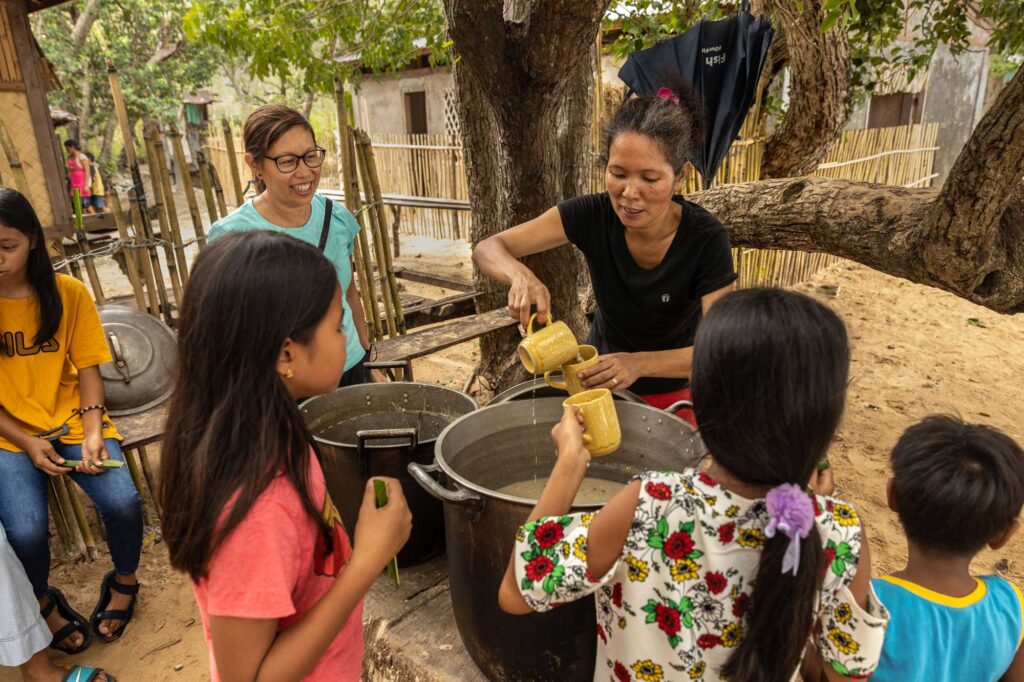
Convoy of Hope helps train the teachers, volunteers, and parents who run the program centers in providing proper nutrition for children. Convoy also supplies them with the fortified foods that serve as the base of every meal. And now, the school adds vegetables and meat to the food they serve so the children can remain healthy and grow.
“[The children] have become more energetic. My son can now participate in school activities because his body is strong,” Marites, a volunteer, told Convoy.
Convoy of Hope’s goal is for each of its initiatives to help the others. In this case, some of the mothers are also a part of Convoy’s Agriculture initiative. They receive training on how to best grow plants they can then sell and distribute in their own communities. Some of the produce these mothers grow is used in their local Children’s Feeding program.
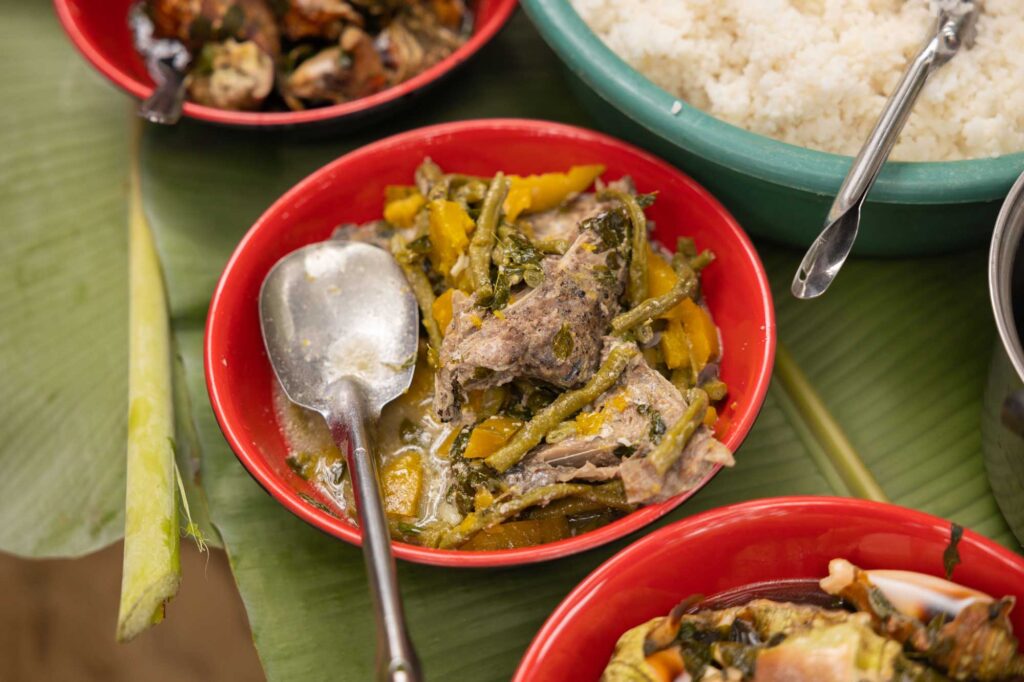
“What we learned in our training at Convoy is how to take care of the plants and how those plants can be sustained for the feeding program,” said one program participant.
“They can eventually give the nutritious food to the children instead of buying the ingredients,” said Ressy, a Convoy of Hope Philippines’ team member.
Through Convoy of Hope’s programs and teaching, this community in the Philippines has a hand in creating true sustainability — the women and mothers are trained to grow their own food, the food generates money and is used to supplement the meals in the feeding program, and the cycle of poverty is broken.
